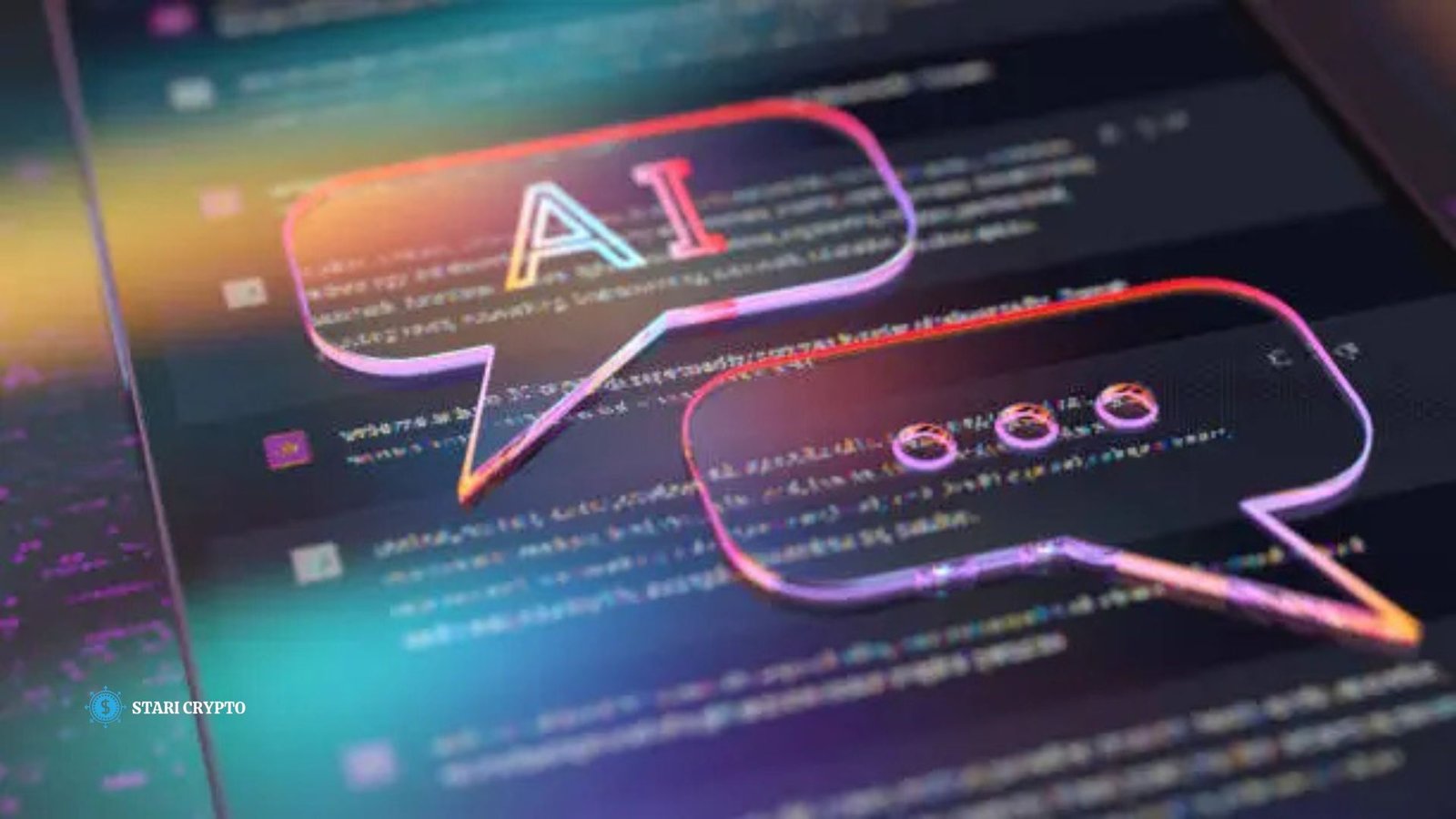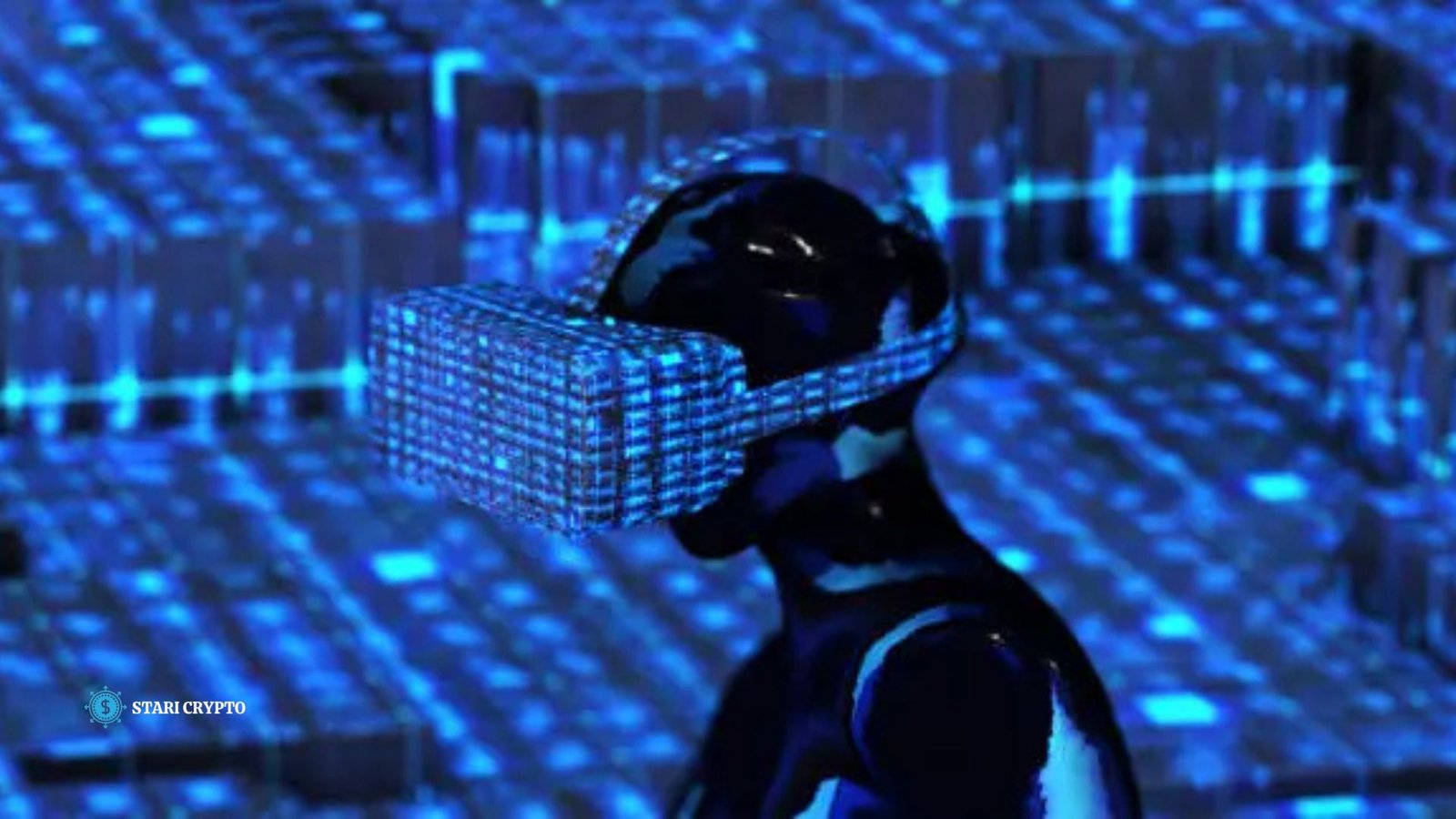In the past few years, blockchain and artificial intelligence (AI) have become huge technology advances that have changed the game. These innovations are changing businesses on their own, but when put together, they have even more power to change and improve how we live and work in the digital world. Learning how to use AI with blockchain can lead to new possibilities, solutions, and a smarter, safer future. We’ll talk about how these two tools can work together, what they can do, and why this is important for the future in this blog.
What Is Blockchain with AI?
To comprehend the full potential of we must first understand these technologies independently.
- Blockchain is a decentralized ledger technology that ensures security, transparency, and immutability in the recording of transactions. It powers cryptocurrencies like Bitcoin and Ethereum and has found applications across industries like finance, healthcare, and supply chains.
- Artificial Intelligence (AI) refers to machines designed to mimic human intelligence, making decisions, learning from data, and performing tasks autonomously. AI is already revolutionizing industries by automating processes, analyzing vast amounts of data, and improving customer experiences.
When AI and blockchain work together, they make systems that are the best of both worlds. AI can process and learn from data, and blockchain is safe and open. This relationship can help solve tough issues like data privacy, automation, and making choices.
Key Advantages of Integrating
Putting bitcoin and AI together is more than just a way to combine two trendy terms. When they work together, it has big real-world benefits that can change many businesses. Let’s look at some of the most important benefits.

Enhanced Data Security
One of the biggest AI challenges is data security. AI needs lots of data, yet most of it is private, financial, or business data. Blockchain is independent, therefore data cannot fail at one place. Blockchain data can’t be modified without consensus. This ensures that AI models, which need accurate data, use trustworthy sources. Imagine a healthcare system that uses AI to analyze patient data and make choices. By storing patient data on a blockchain, hospitals can prevent unauthorized changes. This ensures patient privacy and AI accuracy.
Improved Transparency and Trust
Decision-making AI systems struggle with trust. Businesses and individuals want to know how AI models make decisions, especially in critical fields like criminal justice and finance. Blockchain can reveal the entire AI decision-making process. The blockchain tracks every AI move so everyone can see how it made decisions. Blockchain records can prove an AI system’s credit scoring was fair, unbiased, and based on real data. Openness promotes trust between organizations and users, which helps spread AI tools.
Efficient Data Sharing
AI grows best with lots of data, so share it. People worry about privacy and data ownership when exchanging data. Blockchain can preserve data and ownership while allowing parties to exchange it securely. Smart contracts can automate data-sharing agreements, eliminating middlemen and simplifying collaboration. Companies in the pharmaceutical industry must collaborate on research while maintaining data privacy. Blockchain ensures data security, and AI can detect trends to find medications faster.
Real-World Use Cases of Blockchain with AI
Blockchain and AI are real things, not just ideas. Together, they are already making changes in many areas by improving security, streamlining processes, and coming up with smarter solutions. Now, let’s look at some important real-world uses.
Supply Chain Management
Many supply line companies and people must transmit information promptly and safely. Blockchain ensures all parties’ transactions are clear and verifiable, while AI can enhance logistics by spotting trends in data. AI and blockchain can improve supply networks and reduce waste. Walmart uses blockchain to track its products from farm to shop, making the process transparent. With AI, the system can estimate demand, find the ideal stock levels, and reduce waste, solving supply chain issues.
Healthcare
In healthcare, blockchain and AI are transformative. AI analyzes patient data to help doctors diagnose and create individualized treatment regimens, while blockchain protects data. Both technologies enable hospitals to provide faster, more accurate, and secure treatment. Consider an AI algorithm that detects cancer in medical photos. Hospitals may store and share patient records securely using blockchain to ensure data integrity and give AI accurate diagnosis. This can greatly enhance treatment accuracy and patient outcomes.
Financial Services
Financial services are transforming as AI automates trading, detects fraud, and secures transfers. AI analyzes market data to uncover trading opportunities, and blockchain ensures transparent, unchangeable financial records. This blend improves trust and speed in a crucial field. JP Morgan employs AI to predict market changes. The bank uses these forecasts and a blockchain ledger to ensure all trades are written correctly and safely, reducing fraud and human error.
Answering Contradictions: Is Blockchain with AI the Future?
Scalability Concerns
AI and bitcoin both have problems with being able to grow. AI models need a lot of data and computer power, while blockchain networks can be slow and use a lot of resources. Putting these two problems together can make them worse, which could cause delays in handling transactions or making decisions. But experts are working on Layer 2 solutions and sidechains to fix the problems with blockchain’s scalability. Also, improvements in AI hardware, such as quantum computing, might provide the processing power needed to get around these issues.
Privacy vs. Transparency
When blockchain and AI are used together, there is a conflict between privacy and openness. Blockchain is open and honest because all activities can be seen by anyone. AI, on the other hand, needs private information like health or financial records. It’s hard to meet all of these wants at once because privacy is so important in many fields. Even though this is a problem, zero-knowledge proofs (ZKPs) and homomorphic encryption are being worked on to make blockchain more open without sacrificing privacy. These technologies could help find the best mix between these different needs.
Technical Complexity
Putting AI and blockchain together is a difficult technical task. For organizations to make systems that work well, they need experts in both areas. Usually, this needs a lot of money spent on training, study, and development. Businesses that want to use blockchain and AI may be put off by the steep learning curve. Still, the hurdles to entry will probably go down as more tools and platforms come out. This will let smaller businesses use these cutting-edge technologies.
Expert Advice on Blockchain and AI
Read what experts have to say about the possibilities of blockchain and AI together to get a better idea of what it can do. Entrepreneur and AI expert Kai-Fu Lee says, “AI is the new electricity, and blockchain is the new internet.” They could totally change industries, make new business models, and make the digital world safer when used together.
Vitalik Buterin, one of the co-founders of Ethereum, has also stressed how important it is to combine AI with blockchain to make independent systems that are more open and work better. He said in one of his talks, “The coming together of AI and blockchain could lead to big steps forward in security, automation, and government.” We’ve only begun to scratch the top of what’s possible.
The Future of Blockchain with AI
As more businesses look into how these two technologies can work together, the future of blockchain and AI looks bright. When AI gets smarter and can handle bigger datasets, blockchain will make sure that these datasets stay safe, clear, and unchangeable. Self-driving cars, smart cities, and decentralized finance (DeFi) could all get better because of this relationship.
 The creation of self-learning autonomous networks is an area that is ready to be studied. These networks could make changes on their own based on market conditions, user behavior, or other outside factors, without any help from a person. These networks could change the way we handle complex systems by combining AI’s ability to learn with blockchain’s security and openness.
The creation of self-learning autonomous networks is an area that is ready to be studied. These networks could make changes on their own based on market conditions, user behavior, or other outside factors, without any help from a person. These networks could change the way we handle complex systems by combining AI’s ability to learn with blockchain’s security and openness.
Also Read: Blockchain Technology: Another Look at a Decade-Old
In Summary
When you get two game-changing tools that work much better together. Together, they might be able to solve some of the biggest problems that businesses face right now, like data security, trust, speed, and automation. As long as businesses and researchers keep working on ways to combine AI’s intelligence with blockchain’s security, new ideas will keep coming up.
Scalability, privacy, and technical complexity are still problems, but they are slowly being solved by ongoing study and technological progress. Companies that understand and use the power of blockchain and AI can stay ahead of the curve and set the standard for a future where digital trust and smart systems are very important. Now is the time for people who are interested in blockchain and AI to learn more about how these technologies can change your business. As these new ideas

















